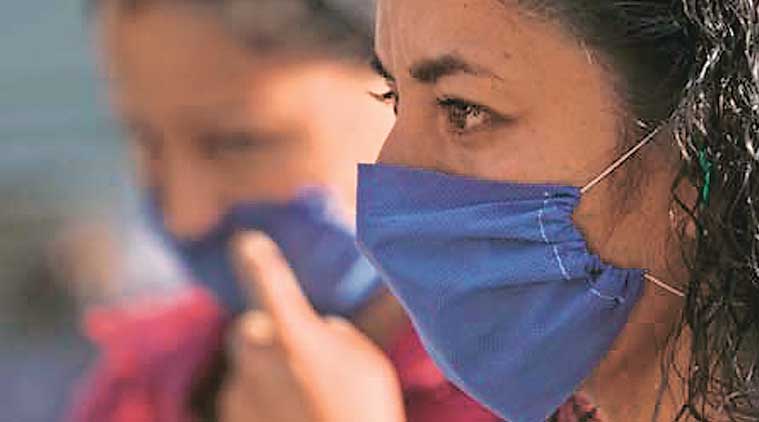Stay updated with the latest - Click here to follow us on Instagram
Dengue cases at 5-year high in Delhi, symptoms milder
Over 470 cases reported in August, the highest since 2010.
 Health department authorities said government blood banks were well-stocked.
Health department authorities said government blood banks were well-stocked.
Over 250 cases of dengue were reported last week, taking the total number of cases to 530 this year. With cases shooting up — over 470 cases in August alone — the All India Institute of Medical Sciences (AIIMS) and the National Centre for Disease Control (NCDC) plan to start serological tests to identify prevalent strains of the virus this year, health department authorities said on Monday.
The cases so far this year are the highest since 2010 when the capital saw over 6,000 cases of dengue, 885 of them in August.
Dr Charan Singh, in charge of the vector-borne disease control programme in the state health department, said the spike in cases was along expected lines.
[related-post]
“Every three-four years, the cases shoot up. Since we didn’t see such high numbers since 2010, it was expected this year. Now that cases are picking up, AIIMS and NCDC will conduct serological tests to study the virus and identify the prevalent strain this year,” he said.
Dr Singh said the symptoms of the disease seemed to be relatively mild this year, despite the high numbers.
“Patients are more aware and hospitals, including government and private ones, have improved their reporting, so we are seeing higher numbers,” he said.
Dr Rakesh Gupta, senior consultant in internal medicine at Apollo Hospital, said, “We may be in early days yet this season, but so far the virus appears to be relatively mild. Most patients do not need admission and the symptoms are like any other viral disease — not very high-grade fever, body ache, malaise, some nausea and a few patients get rashes.”
Dr Atul Gogia from Sir Ganga Ram Hospital said patients these days were more aware. “Patients are coming to hospitals early and getting tested earlier, so the symptoms are controlled in time,” he said.
The dengue virus has four strains — Type-IV (which leads to fever with shock) and Type-II (which causes thrombocytopenia or a drop in platelets, haemorrhagic fever, organ failure and Dengue Shock Syndrome) are the more severe strains.
Type-I (known as the classic dengue fever) and Type-III (whose symptoms include high-grade fever without any signs of shock) are the milder strains. Type-I and Type-III are the most common strains prevalent in the capital since 1960. In 2012, the severe Type-II strain had surfaced in a lot of patients for the first time after 1996. In 2010 and 2011, Type-III strain of the virus was prevalent in the capital.
Health department authorities said government blood banks were well-stocked. Of the 530 cases, 39 patients are from neighbouring states. “In our review meeting last week, we got in touch with the authorities in Haryana and Uttar Pradesh to escalate anti-mosquito activities because a lot of dengue patients being treated in Delhi are from neighbouring states,” a senior official said.







